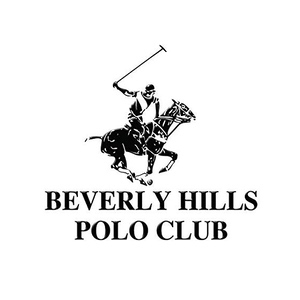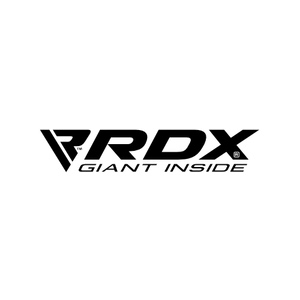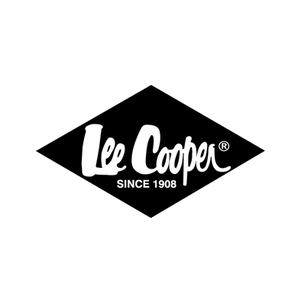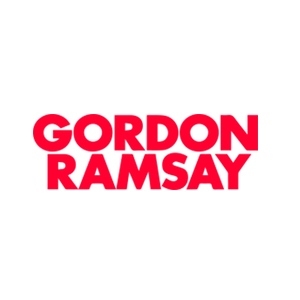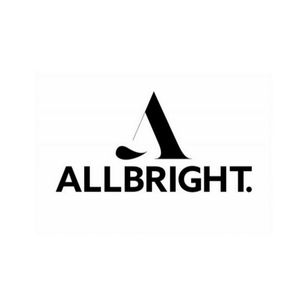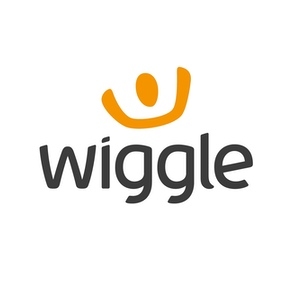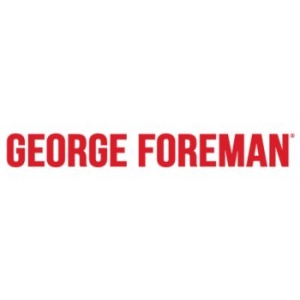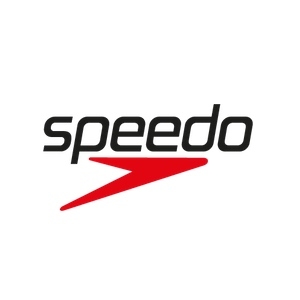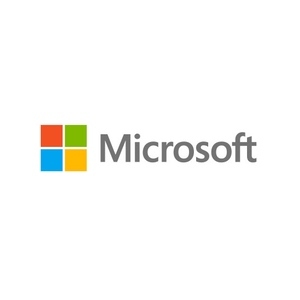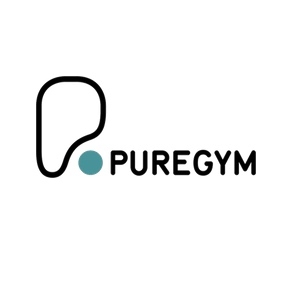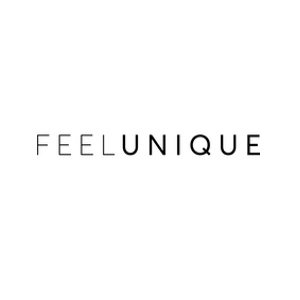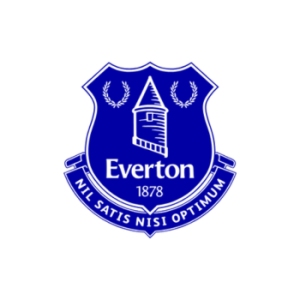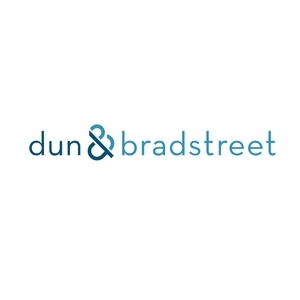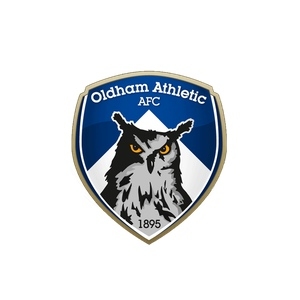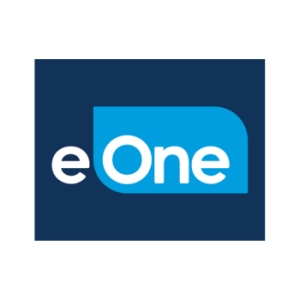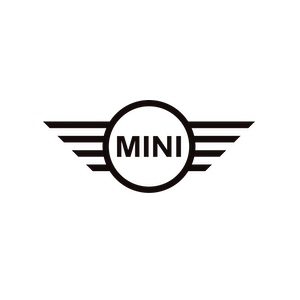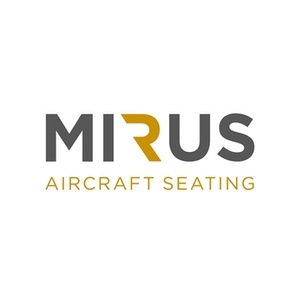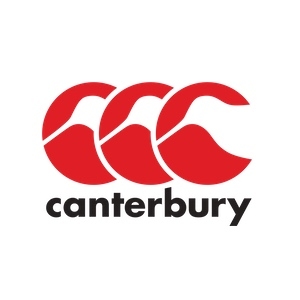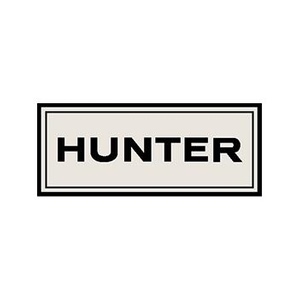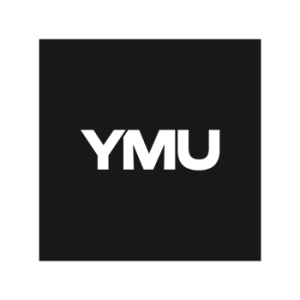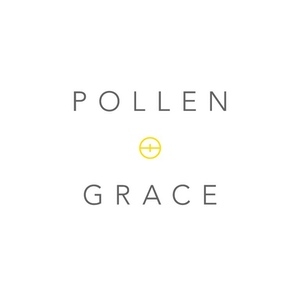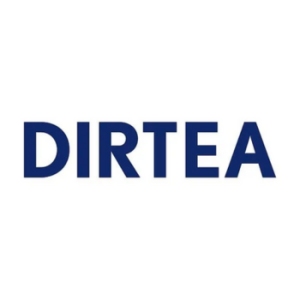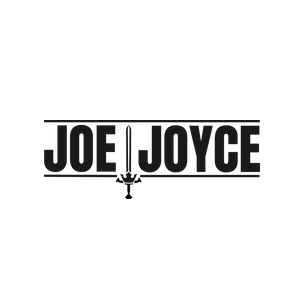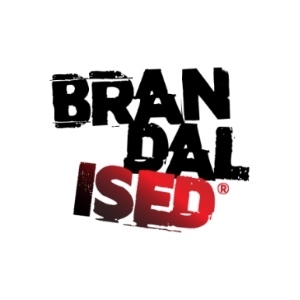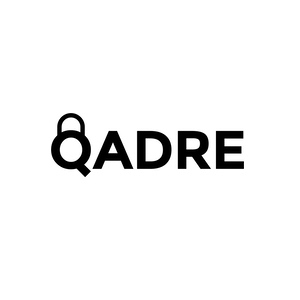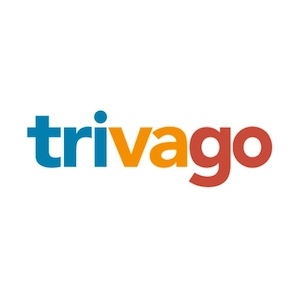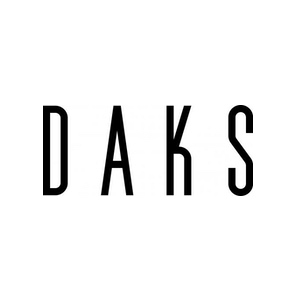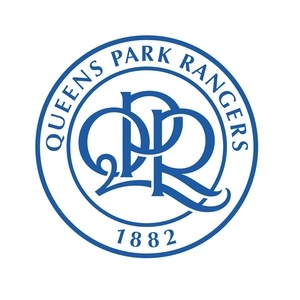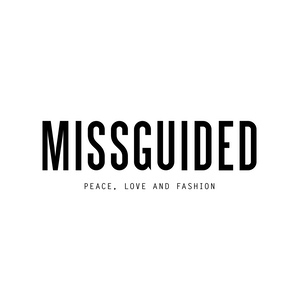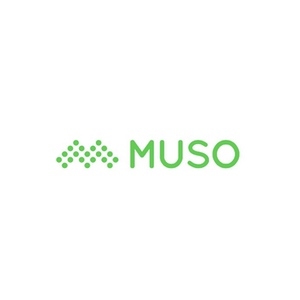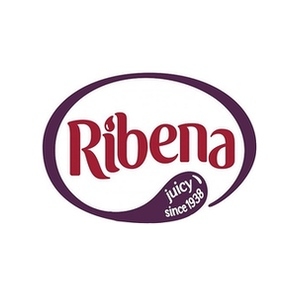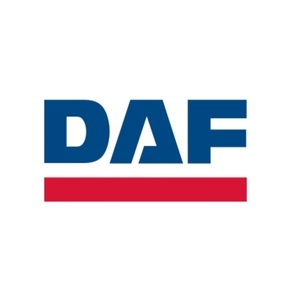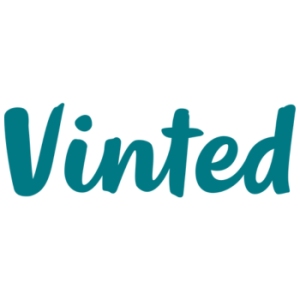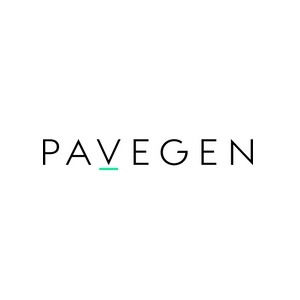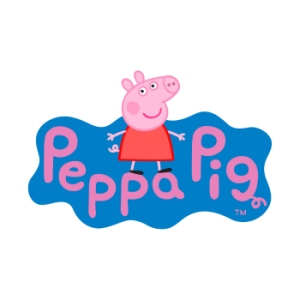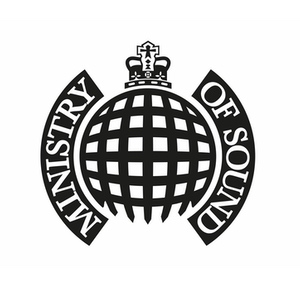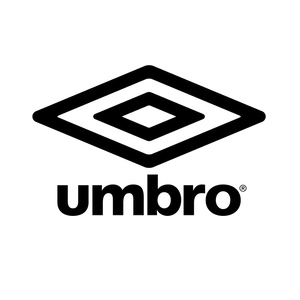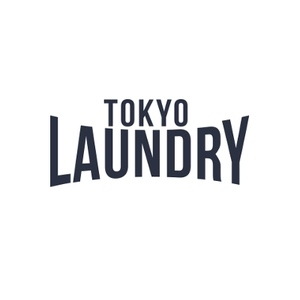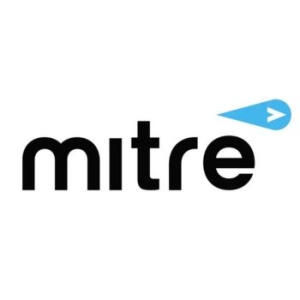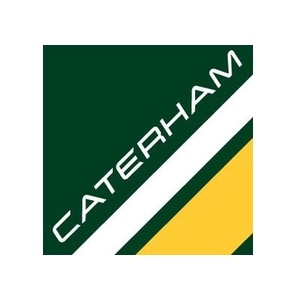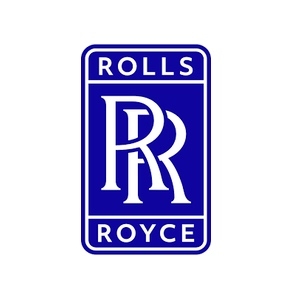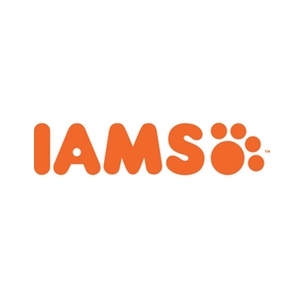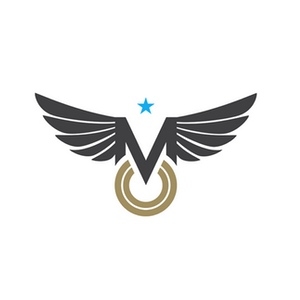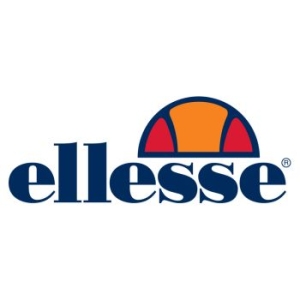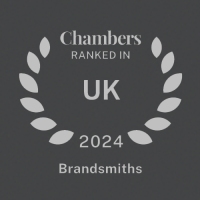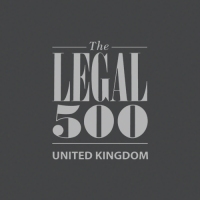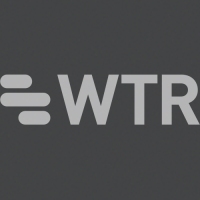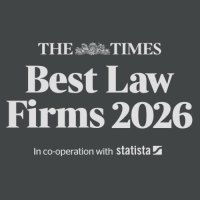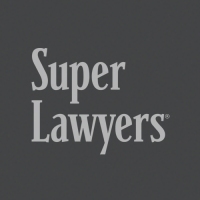Search-a-brandPowered by BRANDSMITHS
Search-a-brand assists you in researching, choosing and building a brand for your company, service or product. Try it out and search with the intended name!
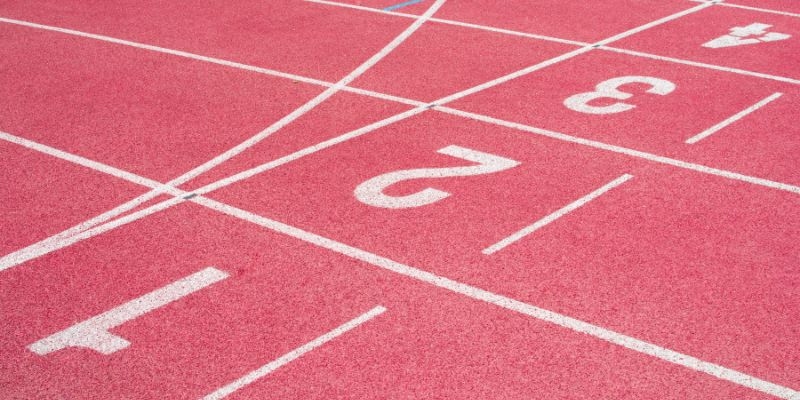
2024 OLYMPICS: RULE 40 & THE DEADLINES TO BE AWARE OF
Author: Joseph Mansfield
Non-olympic partners must notify the BOA of their marketing plans by 4 July 2024.
Introduction
With just three weeks to go until the 2024 Olympic Games, Paris is now set to host a record number of broadcasters from around the world. The games will be broadcasted in over 170 countries and over 11,000 hours of broadcast coverage is planned for all 33 sports.
Increased global media coverage derives greater advertising opportunities for sponsors and participating athletes. Rule 40 of the Olympic Charter is the by-law that governs the advertising capabilities of the Games’ commercial stakeholders with the fundamental aim of protecting the rights of official Olympic sponsors.
A Brief History of Rule 40
Rule 40 was initially introduced to limit over commercialisation of the games. It was also created to prevent companies who were unofficial partners of the Olympic games using an ‘ambush marketing’ strategy. Rule 40 also aimed to sanction links between athletes and those unofficial companies to ensure that athletic performance was prioritised over commercial gain.
In the build up to Rio 2016, controversy ensued as athletes protested against the purported draconian effects of Rule 40. Athletes claimed that the rule was restrictive in nature and was unfairly preventing them (and their long-term sponsors) from capitalising on the most lucrative period of their careers.
In response to the protests, the IOC relaxed the scope of Rule 40 to give participating athletes greater control over their branding and sponsorship income. While the IOC was willing to liberalise the effects of Rule 40, they were steadfast in maintaining the distinctiveness of official Olympic marketing and the funding of global athlete participation.
Brandsmiths’ Input in the Interpretation of Rule 40
In 2019, Brandsmiths brought a claim against the British Olympic Association (BOA) on behalf of several British Olympians. The claim was in response to the BOA’s lack of willingness to have open discourse on the restrictions Rule 40 placed on British athletes at the Olympic Games.
Further to the claim, Brandsmiths was able to reach a favourable agreement with the BOA. As a result, the BOA published new guidelines on Rule 40 which provided a greater level of commercial freedom to British athletes during the Games.
Rule 40 Today
The IOC updated Rule 40 of the Olympic Charter by establishing a set of Key Principles which govern how athletes engage with commercial activities at the games. The principles apply during a restricted window known as the Games Period – that is from the date of opening the Olympic Village until two days after the closing ceremony. The principles apply to all forms of advertising and commercial promotion and participants who fail to comply may be sanctioned.
The Principles
Rule 40 permits all participants to promote their sponsors, and all sponsors to use participant images during the games period and in accordance with the below Key Principles. The use of participant images includes any reference to a participant, whether by their personal appearance, use of their image, name, or sports performance.
Advertising by Olympic Partners
Rule 40 is ultimately intended to protect the marketing exclusivity of official Olympic Partners. Olympic Partners (which includes brands or companies that have sponsorship or official merchandise licensing contracts with the IOC, the Paris 2024 OCOG, or NOC’s) are permitted to use participant images for advertising subject to minimal restrictive conditions.
Advertising by Non-Olympic Partners
The protests in the build up to the Rio 2016 games were largely centred around the marketing capabilities of Non-Olympic Partners. Non-Olympic Partners are those brands or companies who intend to sponsor individual athletes competing at the Games but are not official Olympic Partners. Non-Olympic Partners are permitted to use Participant Images for advertising during the Games Period (which for Paris 2024 is 18 July 2024 – 13 August 2024) subject to the following:
- Non-Olympic Partners must notify the BOA of their marketing plans by 4 July 2024, or for athletes selected after this date by 18 July 2024.
- Non-Olympic Partners must obtain the necessary consents from the participants.
- Non-Olympic Partners must respect the policies of the IOC and the relevant NOC in respect of activities incompatible with the values of the Olympic brand (i.e. sponsorships for tobacco or alcohol).
The advertising must not contain Olympic properties. Olympic properties include:
- the Olympic symbol;
- the Paris 2024 emblem, mascots, pictograms and graphics;
- any NOC emblem;
- the words “Olympics”, “Olympic Games”, “Olympiad”, “Olympiads”;
- the name of the host city and the years of the games;
- any Olympic related words and symbols registered as trade marks;
- The names of Olympic teams;
- The Olympic motto;
- All films, musical works, artistic works and designs created by the IOC, the Paris 2024 OCOG or any NOC;
- Any translations of anything referenced above.
Generic Advertising
Generic advertising exemplifies the relaxation of Rule 40 and is an important concept for sponsors who are Non-Olympic Partners. Generic advertising allows a company or brand to promote a participant’s image providing the advertising has consistently been in market for at least 90 days before the games period and the advertising frequency is not materially escalated during the games. In addition, the advertising must not contain any Olympic properties as outlined above.
While generic advertising affords Non-Olympic Partners greater marketing opportunities during the games, the limitations outlined above allow the IOC to restrict over commercialisation and in many instances, can prevent athletes and businesses from fully benefitting from the games commercially.
Congratulatory Advertising
It is customary for sponsors to congratulate, support and praise their sponsored athletes during and after a major sporting event. The revised scope of Rule 40 now allows for Olympic sponsors to profit from an athlete’s success during and after the Olympic Games.
Congratulatory advertising may be undertaken by Olympic Partners at any time and may be undertaken by non-Olympic Partners before and after the games period providing it does not contain Olympic properties.
Participant Online Messaging
It is also common for athletes across the sporting spectrum to thank their sponsors through their websites and social media pages during and after a sporting event. Given athletes often have an extensive online presence and social media following, this is a particularly lucrative method of advertising for both athletes and sponsors.
In the context of the 2024 Olympic Games, participants may post messages of thanks on their online platforms to their Olympic Partners and / or Non-Olympic Partners providing their messages:
- Do not state or imply that a product or service enhanced their performance;
- Do not include a personal endorsement of the relevant product or service; and
- Respect the policies of the IOC in respect of activities incompatible with the values of the Olympic brand.
In addition, messages of thanks to Non-Olympic Partners are limited to one message per personal Non-Olympic Partner and such posts must not suggest a commercial connection between the IOC and a Non-Olympic Partner.
Participants may also repost or share content from the social media accounts of the IOC, the Paris 2024 OCOG, their respective national Olympic teams or their NOC.
Conclusion
While Rule 40 has had a turbulent past and its impact on the commerciality of the Olympic Games has been widely criticised, the updated guidelines are a welcome development for athletes and unofficial Olympic sponsors. The amendments highlight the IOC’s willingness to introduce a more balanced approach that allows athletes and unofficial Olympic stakeholders to benefit from the games commercially while simultaneously protecting the rights of official Olympic Partners.
With the Paris 2024 Games just around the corner, it is essential that athletes and unofficial sponsors understand the scope of Rule 40 so they can avoid sanctions from one of the most lucrative competitions in the sporting calendar.
About Brandsmiths
Brandsmiths is the go-to firm for the world’s leading brands. With a highly skilled team of IP lawyers, the firm specialises in all matters related to trade marks, copyright, patents, rights & designs, confidential information, and database rights.
If you have any queries about marketing in the run up to, during or after the Olympic Games, please feel free to get in touch with us at Brandsmiths.
Brandsmiths is a trading name of Brandsmiths S.L. Limited which is authorised by the Solicitors Regulatory Authority, SRA No: 620298. Founding Partner: Adam Morallee
Privacy and Cookie Policy | Terms and Conditions | Complaint Procedure | Site by: Elate Global
